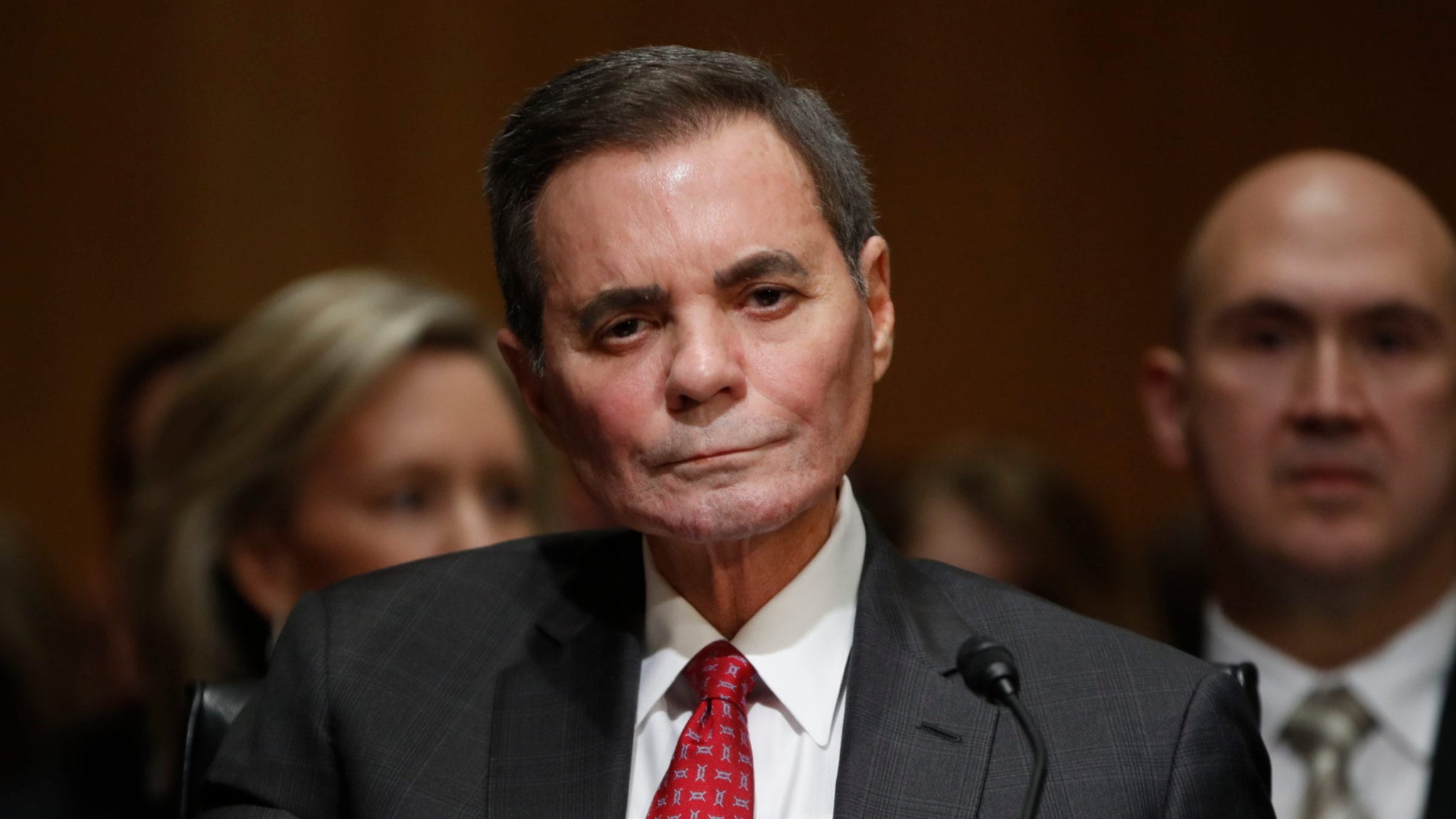
AbbVie tosses its triplet therapy for cystic fibrosis, leaving Vertex to reign supreme
AbbVie went all in on cystic fibrosis a few years ago, shelling out $245 million for a portfolio of drugs from Galapagos in the hopes of dethroning Vertex’s blockbuster Trikafta. On Friday, it became clear that Vertex still reigns supreme — at least for now.
AbbVie’s sending its experimental triplet therapy to the scrap heap after it whiffed on an interim analysis in a Phase II proof-of-concept study, execs revealed during the Q1 call.
Unlock this article instantly by becoming a free subscriber.
You’ll get access to free articles each month, plus you can customize what newsletters get delivered to your inbox each week, including breaking news.